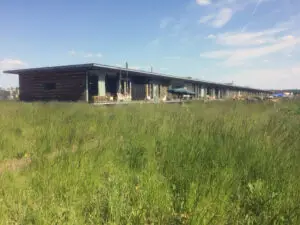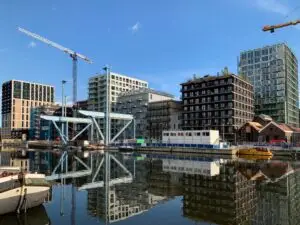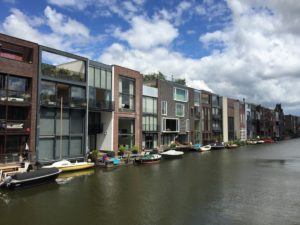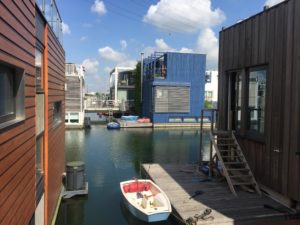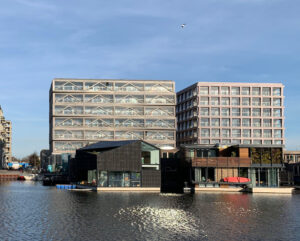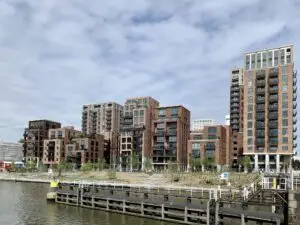Housing
The Netherlands have a unique housing tradition, in which the government and the municipalities are major actors.
Ever since the passing of the Dutch Housing Law in 1901, affordable dwellings for all inhabitants of the Netherlands have been a national priority. The Dutch government has implemented a number of policies and initiatives to ensure that all citizens have access to high-quality housing, including the promotion of homeownership, the development of social housing, and the regulation of the rental market. Today, more than 30% of the housing stock belong to the social rental sector, and 29,3% of all houses are owned by corporations. The government provides funding to these organizations to build and maintain social housing units, and it also regulates the rents charged to ensure that they remain affordable. In the big cities, however, the system is under pressure. While Rotterdam is trying to introduce more high-quality dwellings, Amsterdam attempts to guarantee that residential projects remain affordable for middle income groups. Therefore the municipality has issued the rule that all new residential projects should contain 40% social, 40% mid-range and 20% up-market dwellings. Regulations of this type are possible because 80% of the ground is owned by the municipality. Find out more during one of our tours!


